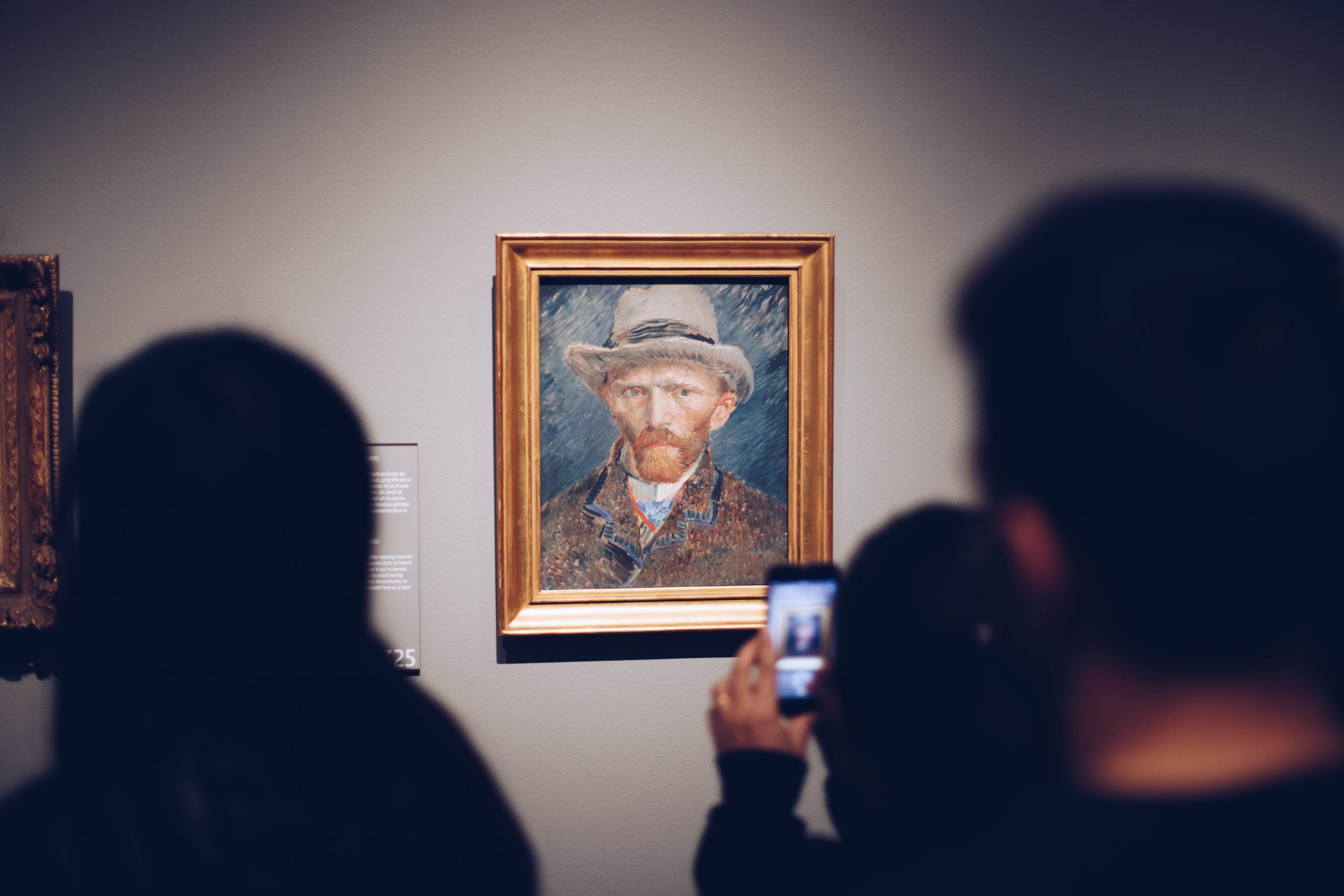For this first assignment, I’ve chosen to do a podcast as I think that is the one of best modalities for mobile learning when it comes to something conceptual, like the topic of location based learning.
This is my first podcast, and it took some time to find the right tool to easily record, edit, and publish. I think I tried about 4 before settling on Anchor. Please excuse some of the inconsistencies in volume and audio quality.
I also now understand how some podcasts end up quite lengthy. Once you get going on a topic, it’s hard to cut content; there are just so many interesting tidbits you want to share with your listeners! This podcast ended up being a little longer than 6 minutes, but to adequately present the topic and analyze it with sufficient examples, I think the extra few minutes are worth your time, and hopefully you think so too.
If you would rather read than listen, please check out the transcript.
Without further ado, please enjoy my podcast episode on location-based learning.
Show Notes
Actionbound – Build your own Scavenger Hunts app.
References
Amar Info Tech (n.d.). Museums Using Location Based Technology. https://www.amarinfotech.com/museums-using-location-based-technology.html
Brown, E., Börner, D., Sharples, M., Glahn, C., de Jong, T., & Specht, M. (2010). Location-based and contextual mobile learning. A STELLAR Small-Scale Study.
Del Vecchio, L. (n.d.). Location-based learning. TechDetector. https://techdetector.de/stories/location-based-learning
Edmonds, R. (n.d.) It’s pedagogy go with location-based mobile learning at the University of South Australia.
Reimagine Education. https://www.reimagine-education.com/8-pedagogy-go-location-based-mobile-learning-university-south-australia/
Euronews (2016, December 10). Berlin Zoo opts for beacon technology app. https://www.euronews.com/next/2016/10/12/berlin-zoo-opts-for-beacon-technology-app
MacGillivray, L. (2016, January 11). 5 Ways Your School Can Use Location Services Technology. Chicomm Blog. https://www.chicomm.com/blog/5-ways-your-school-can-use-location-services-technology
O’Hara, K., Kindberg, T., Glancy, M., Baptista, L., Sukumaran, B., Kahana, G., & Rowbotham, J. (2007). Collecting and sharing location-based content on mobile phones in a zoo visitor experience. Computer Supported Cooperative Work (CSCW), 16, 11-44.
Sun, J. C. Y., & Chang, K. Y. (2016). Design and development of a location-based mobile learning system to facilitate English learning. Universal Access in the Information Society, 15, 345-357.

Hi Lynsey,
I really enjoyed listening to your podcast.
Place-based learning provides students with the opportunity to witness the tangible outcomes of their efforts in their local community. Through this process, they develop effective communication and inquiry skills, acquire the ability to adapt to any surroundings, and attain a more comprehensive comprehension of themselves, as well as their position within the global context.
Lynsey, I appreciate the format of your analysis.
Around 2004-5 I was travelling in England and was able to enjoy self guided audio tours in some locations, like the Roman baths in Bath. At the time they required dedicated technology and required an extra fee. Now, even my local town has a QR based Audio walking tour of the lakeshore district. Potentially a great classroom project for middle years and up!